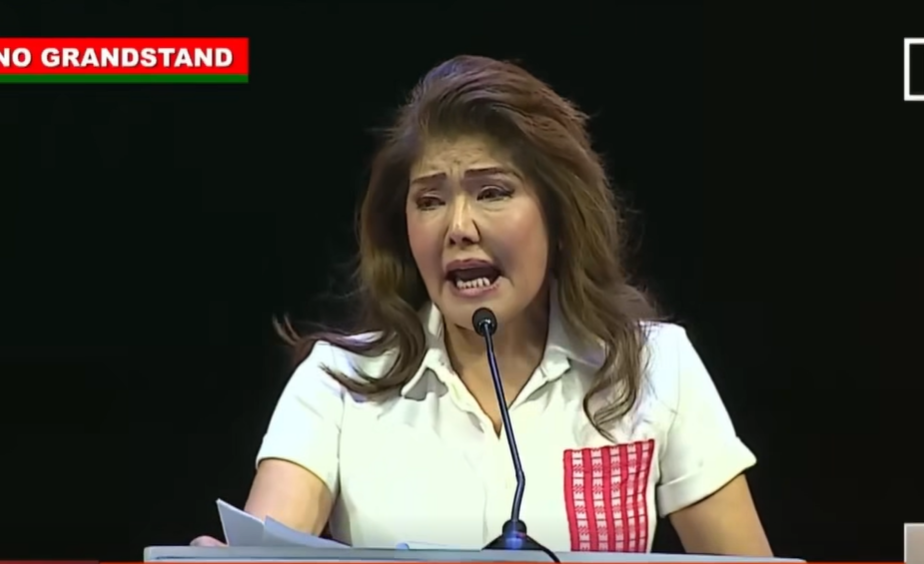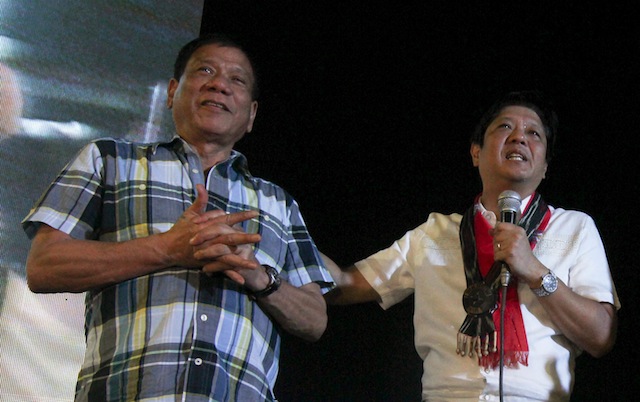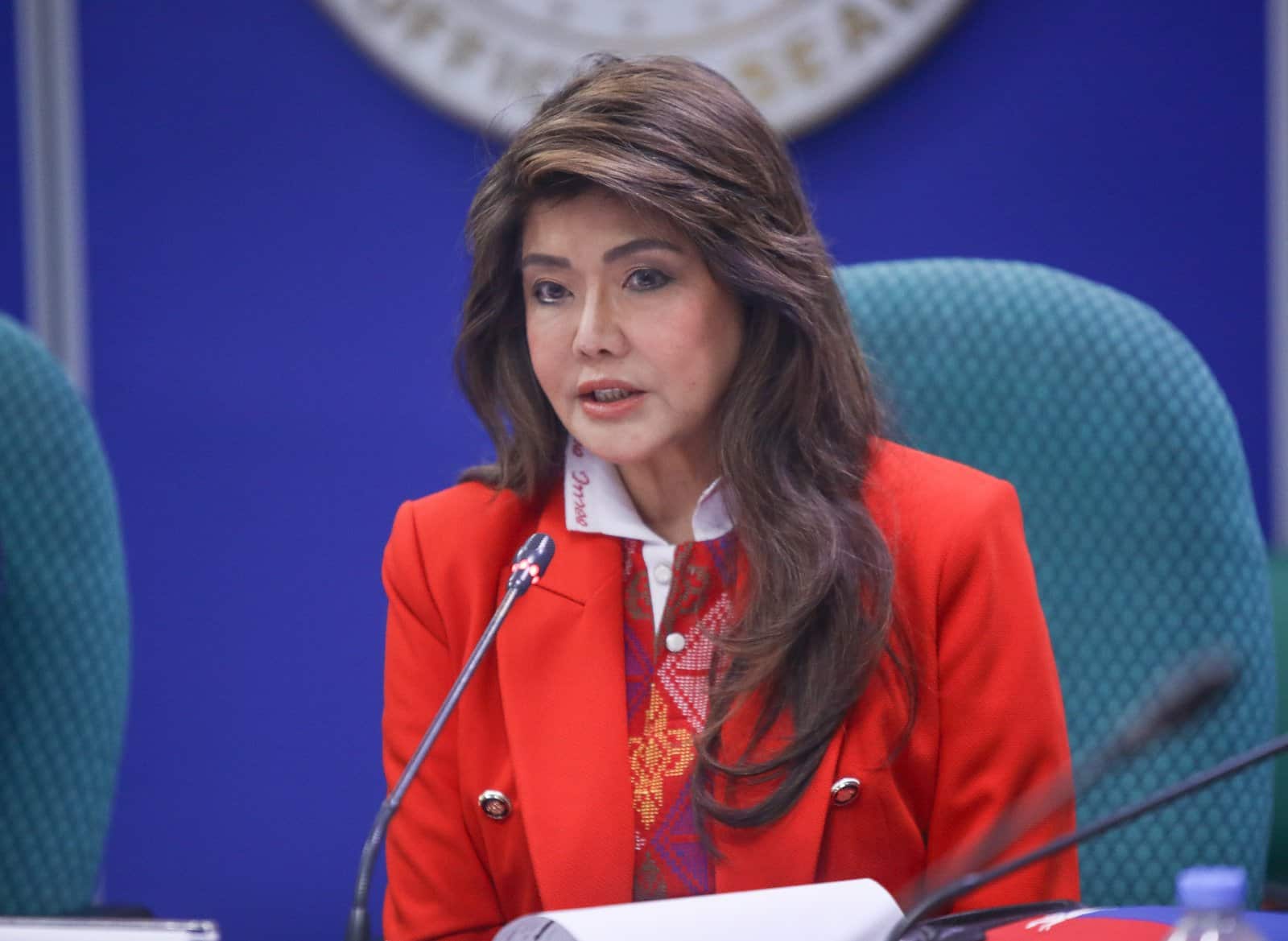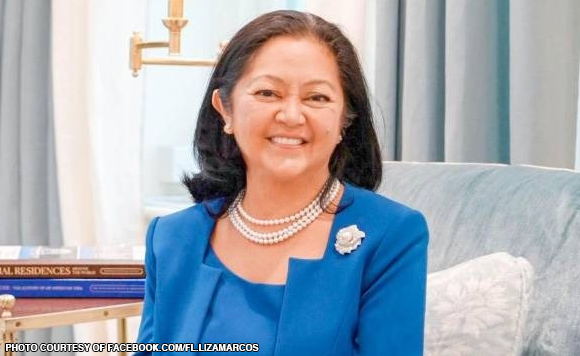MANILA, Philippines — A bitter rift within one of the country’s most powerful political families erupted in public this week after Senator Imee Marcos accused her brother, President Ferdinand “Bongbong” Marcos Jr., of long-term illegal drug use—claims the Palace has dismissed as baseless and politically motivated.
The allegations were delivered during a mass gathering organized by Iglesia Ni Cristo, where Imee told supporters that the President had been “struggling with drug addiction for many years,” and that this supposedly contributed to “wrong decisions, corruption, and lack of direction” in the administration. She further implied, without evidence, that First Lady Liza Araneta-Marcos and the President’s children were also involved in illicit drug use.

Imee appealed directly to the military and police, saying, “I am not his enemy. His enemy is himself,” urging security forces to “help improve his condition.” The remarks immediately intensified the already widening divide between the Marcos siblings, whose political alliances have drifted apart—especially as Imee has increasingly aligned herself with former President Rodrigo Duterte and Vice President Sara Duterte.
The Palace swiftly rebuked the accusations. Communications Undersecretary Claire Castro called Imee’s statements a “desperate move” and “a story without value,” suggesting the senator was attempting to divert attention from an ongoing Senate probe into questionable and allegedly defective flood-control projects linked to her allies. The President’s camp stressed that Marcos Jr. had previously tested negative for cocaine and methamphetamine during the 2021 presidential campaign, a result validated by both a private hospital and the national police laboratory.

International outlets also noted the unusual nature of the political clash, with the Associated Press and Reuters reporting that the feud marks a rare public rupture in a dynasty known for tightly coordinated messaging. They also observed that allegations of drug use—long used as a political weapon in the Philippines, particularly under the Duterte administration—have resurfaced as part of internal political maneuvering.


Meanwhile, First Lady Liza Araneta-Marcos has also been drawn into the controversy. Rappler recently reported that she and Imee have long had a tense relationship, with fake posts and online insinuations previously circulating and allegedly causing friction between the sisters-in-law. The First Lady has not responded publicly to the latest accusation, but the Palace emphasized that dragging the President’s family into the claims was “malicious and unacceptable.”
The feud comes at a sensitive moment for the administration, which is dealing with corruption inquiries, political realignments, and growing pressure from rival factions. Analysts warn that the public nature of the Marcos family conflict could have broader implications for governance, stability, and investor confidence.
For now, the Palace maintains that the President remains focused on government work and sees the drug allegations as “political noise.” But with both Marcos camps entrenched in competing power blocs—and the controversy continuing to dominate public discourse—the episode underscores how deeply personal grievances have seeped into national politics, reshaping alliances and exposing fractures within the ruling family.







